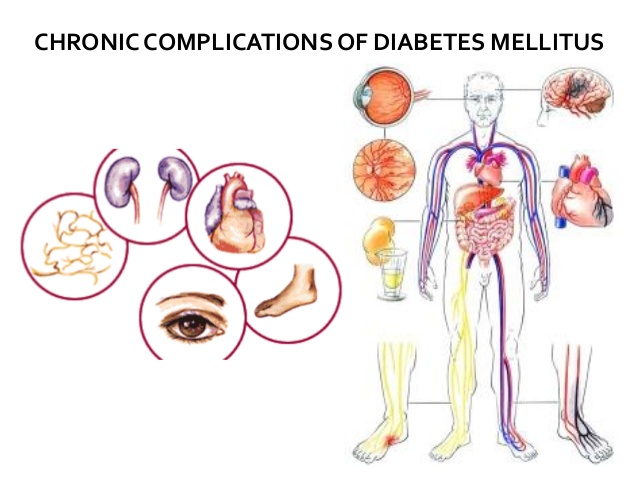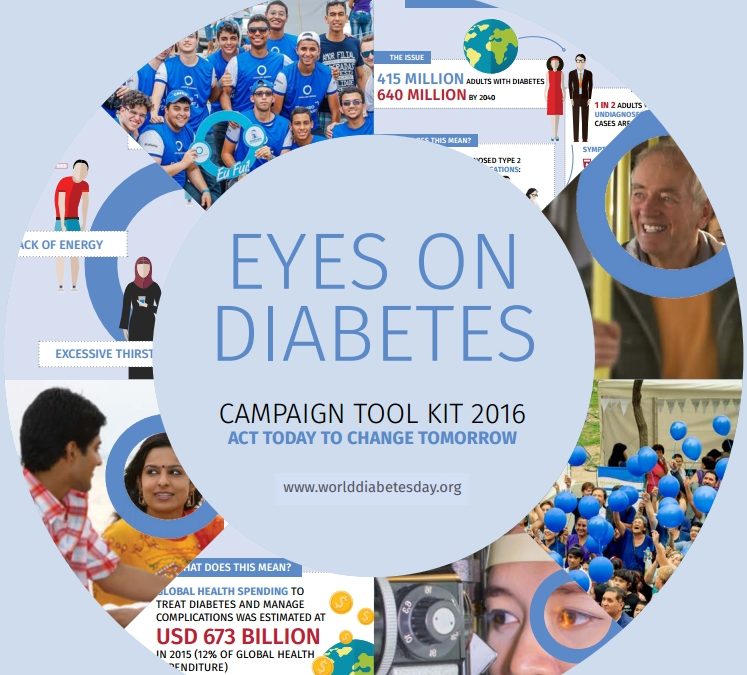WELLNESS
Know everything about Diabetes on World diabetes day

Observed on 14 November the World diabetes day, is celebrated on the birthday of Frederick Banting, who worked with Charles Best to discover insulin in the year 1921. This day was first introduced in 1991, basically to raise awareness among people about diabetes, its causes, prevention and the devastating effects it has on human lives.
Earlier, diabetes was known to be a disease of the elderly, with a sweet tooth. While now with the urban lifestyle moving away from health and fitness, it’s common to see younger generations getting into the trap of this complex disease. Basically, there are three prominent types of Diabetes.

Type 1 diabetes is when the pancreas produces no or either very little, insulin to be released into the body. This type generally develops in childhood or adolescence, or also in adulthood when the sugar builds up in the blood instead of being used as energy. Type 1 diabetes is always treated with insulin. Meal planning also helps with keeping blood sugar at the right levels.
Type 2 diabetes also, known as insulin insensitive diabetes occurs mainly in adults when the body does not make enough insulin or can’t properly use the insulin that is released. About 90 percent of people with diabetes have type 2 diabetes. Depending on the severity of type 2 diabetes, it can be managed through physical activity and meal planning, or may also require medications and /or insulin to control blood sugar more effectively.
Type 3 diabetes, Gestational diabetes is quite rare as it is a temporary condition that occurs during pregnancy. This type generally involves increased risk of diabetes developing among both the mother and child.
There are many signs and symptoms that can indicate diabetes. Unusual thirst, frequent urination, Weight change gain or loss, extreme fatigue or lack of energy, blurred vision, frequent or recurring infections, cuts and bruises that are slow to heal, tingling or numbness in the hands or feet. If you feel any of these symptoms, it is important to get diagnosed as early as possible. Even if you don’t have symptoms, and you are 40 or older, you should still get checked as many people who have type 2 diabetes may display no symptoms.

There are a lot many complications related to diabetes. Having high blood sugar can cause diabetes-related complications, like chronic kidney disease, foot problems, non-traumatic lower limb like a leg, foot, toe, etc. amputation, eye disease (retinopathy) that can lead to blindness, heart attack, stroke, anxiety, nerve damage, and erectile dysfunction among men. Properly managing blood sugar levels reduces the risk of developing these complications and lead a healthy and disease-free life.

Each year on World Diabetes Day a new theme is chosen by the International Diabetes Federation to address issues facing the global diabetes community. Topics covered have included diabetes and human rights, diabetes and lifestyle, diabetes and obesity, diabetes in the disadvantaged and the vulnerable, diabetes in children and adolescents. While this 2016, the theme is “Eyes on Diabetes” where in activities will focus on promoting the importance of screening to ensure early diagnosis of type 2 diabetes and treatment to reduce the risk of this serious complications.
Since the majority of people with diabetes today live in urban areas, so it’s advisable to take the test immediately and save yourself and your family members from this serious and life-threatening complications.
